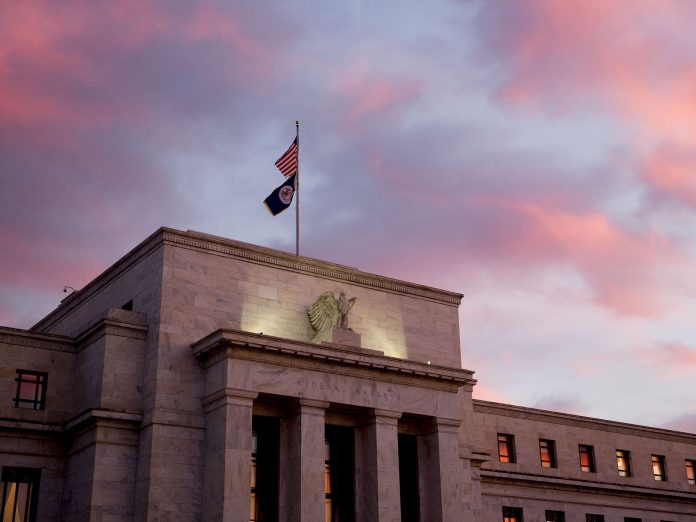
PROVIDENCE – Federal banking agencies have issued a notice of proposed rule-making to exempt banks with less than $10 billion in assets from the so-called Volcker Rule. The law bars banks from using their own accounts for certain speculative investment activities and limits their dealings with hedge funds and private equity funds.
The Securities and Exchange Commission, the Federal Reserve Board, the Comptroller of the Currency, and the Federal Deposit Insurance Corp. recently issued the notice of proposed rule-making to amend the Volcker Rule. Such proposals stem from passage this year of the federal Economic Growth, Regulatory Relief, and Consumer Protection Act, backed by the Trump administration and others in Congress as part of efforts to loosen banking restrictions set up in the aftermath of the 2008-09 financial crisis.
The notice began a public comment period before the matter is finalized.
The Volcker Rule was based on the premise that speculative trading by banks does not benefit customers and could even cause financial harm if those activities result in steep enough losses. Critics of the rule, however, have argued that regulations to prevent speculative bets are hard to enforce, and the rule could unintentionally reduce liquidity in the bond market.
The proposal would exempt banks with total consolidated assets equal to $10 billion or less or those with total trading assets and liabilities equal to 5 percent or less of their total consolidated assets.
FDIC board member Martin J. Gruenberg raised concerns about the proposal in a recent statement.
“I believe it is important to note for the record that it could invite significant speculative activity into community banks,” Gruenberg said. “These can be risky and speculative investments, such as synthetic debt obligations, which were a contributing cause of the financial crisis, and should not be supported by the public safety net.”
However, Gruenberg said the proposal could have a wider impact on banking than it may appear.
“There has been some discussion that the new statute can be read in a way that would allow any bank, regardless of asset size, to be exempt from the Volcker Rule if its trading assets and liabilities are 5 percent or less of its total consolidated assets,” he said.
“If that were true,” he added, “not only would large regional banks qualify for exemption from the Volcker Rule, but one or more banks that have been designated as Global Systemically Important Banks [the largest banks] could become exempt with a modest restructuring of their trading portfolios.”
The Volcker Rule went into effect in April 2014, and banks’ full compliance was not required until July 2015, although the Federal Reserve has set up procedures for banks to ask for more time to fully comply.
The rule is part of the Dodd-Frank Wall Street Reform and Consumer Protection Act. It was intended to stop banks from using their own accounts for short-term proprietary trading in securities, derivatives and commodity futures. It also bars banks, or insured depository institutions, from acquiring or retaining ownership interests in hedge funds or private equity funds, with some exemptions.
Scott Blake is a PBN staff writer. Email him at Blake@PBN.com.












